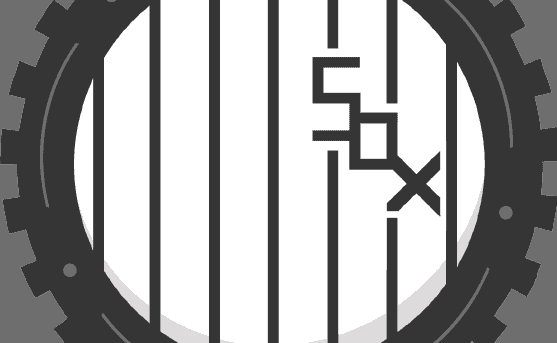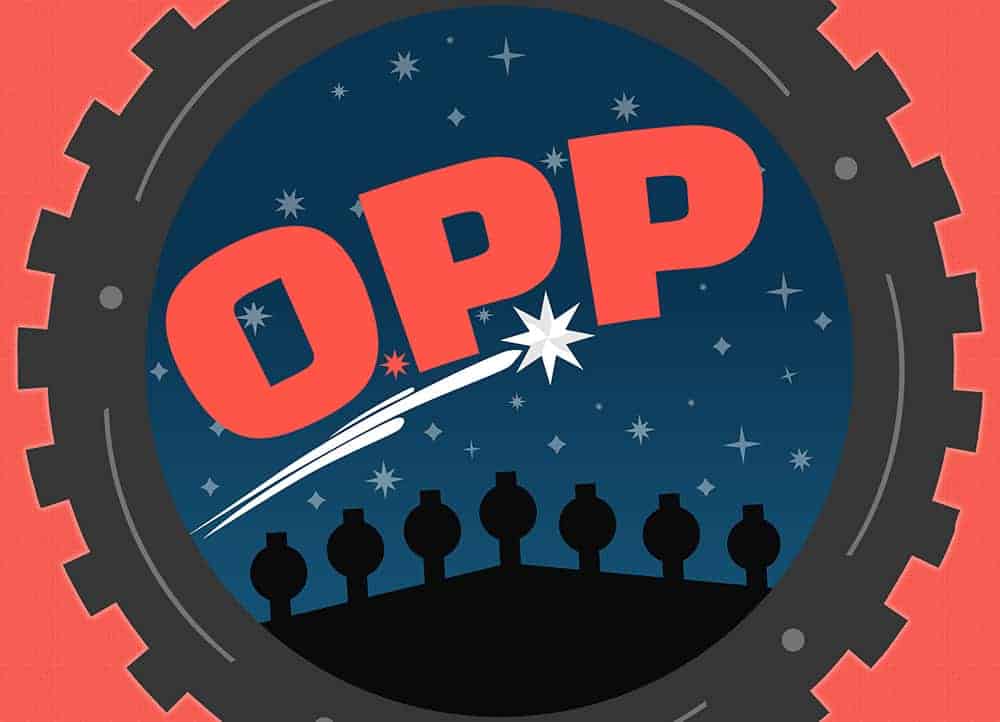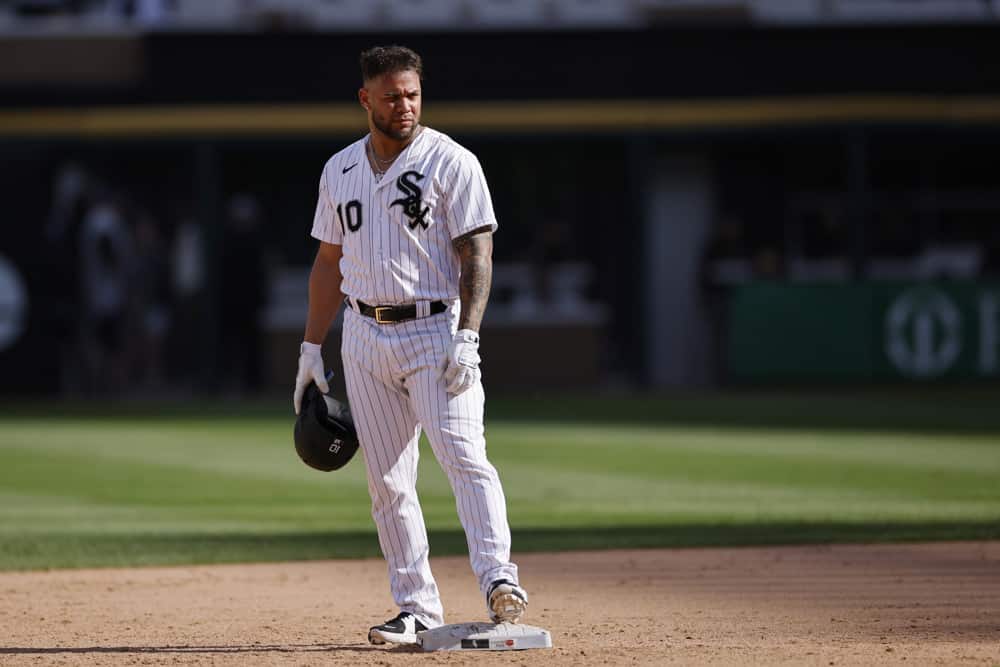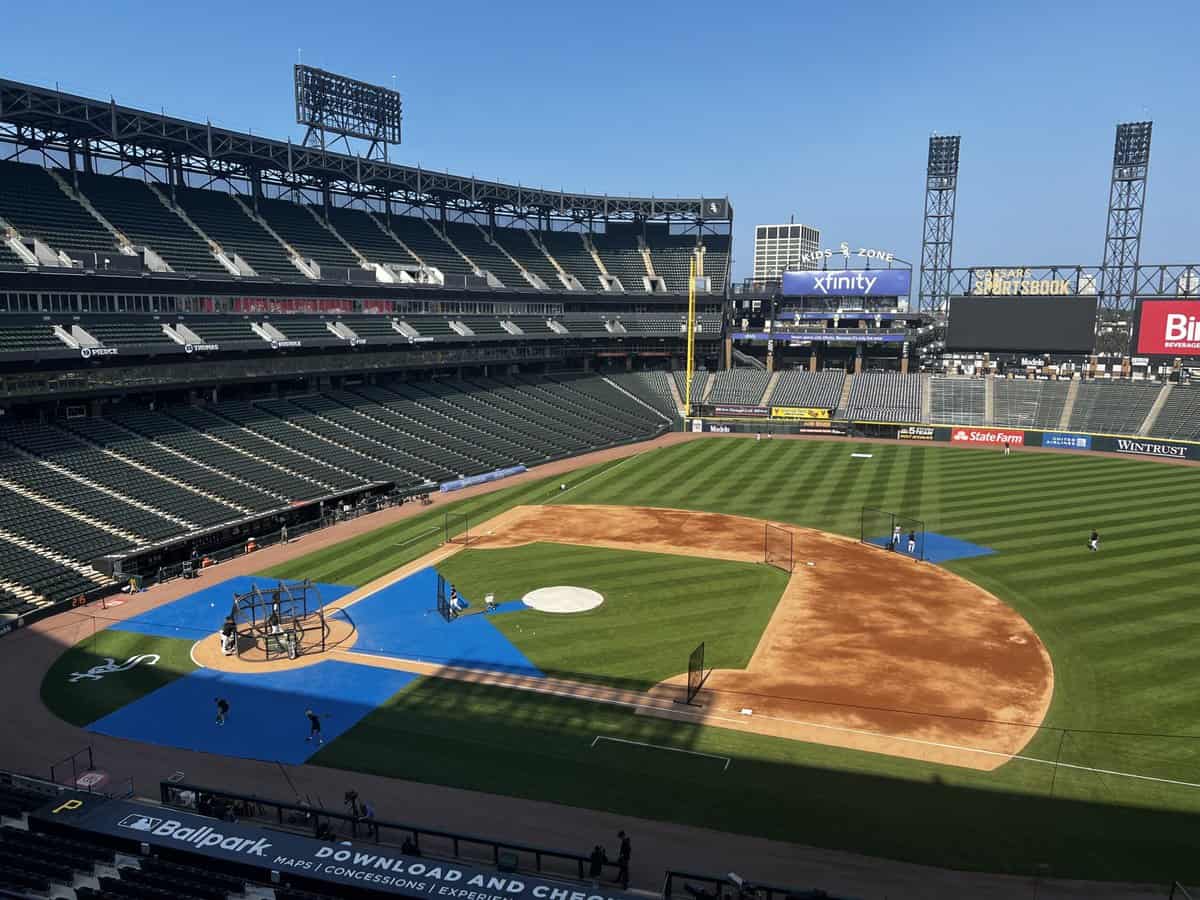Michael Kopech posted his fourth impressive start at Charlotte in as many tries Wednesday in Louisville. He held the Bats to just one run on one hit and two walks over six innings while striking out eight.
Kopech is up to 29 strikeouts over 21 innings with the Knights this season. He's allowing a .189 average against with seven walks. Based on what we've seen so far, Triple-A isn't providing him a legitimate challenge. Based on what we've seen so far at the MLB level, he could very well be the White Sox' No. 2 starter right now. That's not saying much. He'd just have to stand a chance of throwing a quality start every other time out.
He isn't yet in the majors for a couple different reasons. Kopech ended the spring on a rocky note and only had three starts at Charlotte to his name, so it made sense to let him ramp his pitch count up to 100 pitches with no pressure. He also could stand to throw changeups in a competitive environment with minimal downside. The 40-man roster was full, too, so the Sox could use the month to evaluate the fringes.
And, of course, there's the service time. By spending the first two weeks in Charlotte, he wouldn't be able to accrue the 172 days necessary to get a full year's credit, meaning the White Sox would be able to retain him for an extra year.
All these things have worked themselves out, by and large. Maybe his changeup isn't in its final form, but if Triple-A hitters have to cheat on his fastball, the International League won't simulate the MLB learning process no matter how often he throws it.
Kopech can pretty much be called up any week now. Maybe the Sox want him to string together two starts of six innings or longer, which makes some sense. Maybe they don't want to introduce him at the same time the Sox run into the Cubs, the same way they cited strength of schedule in their delay promoting Reynaldo Lopez last year. There's a human side to it.
But there's also one more artificial deadline to contend with, and that's the Super Two cutoff.
If the Sox wait until the first week of June, it leaves 120 or fewer days of service time over the remainder of the season. A player who comes up at that time likely won't qualify for Super Two status based on the cutoff dates from previous seasons, which means the White Sox would only have to pay Kopech three years of arbitration instead of four. That extra year can add up, allowing a player to make an extra $10 million or more if things go well enough.
Sometimes it makes sense to hold off for baseball reasons. Take last year, when the White Sox delayed promoting Lopez, Lucas Giolito and Yoan Moncada until after they cleared Super Two territory. They could have shoved talent aside to make room before dealing, but they instead chose to wait until trading Todd Frazier and Jose Quintana, both of whom were at least proven major leaguers. And hey, Yolmer Sanchez seemed to benefit from the playing time he received while Moncada waited.
But when there aren't legitimate MLB players in the way, it becomes a purely financial decision, and the White Sox' own history says it's an overblown concern.
The Sox have had three pitchers of note reach the majors on a suboptimal financial timeline over the last decade, and none of them put the Sox in an uncomfortable position. There's simply too much that's unaccounted for at this point in a pitcher's career to really wring hands, especially when the payroll is clean and all the other young players didn't get the extra arb year.
Super Two, early extension: Jose Quintana.
The White Sox called up Quintana as an extra pitcher for a doubleheader on May 7. They sent him down, but recalled him on May 25, and he stuck around for the whole season. He ended up earning 133 days of service time in his first year, which put him firmly in 50-50 territory for qualifying as a Super Two.
Quintana signed a contract extension after his first full season, and his contract included escalators in the event that he ended up qualifying. Sure enough, the 2014 cutoff was exactly 2.133 years, so the White Sox had to pay Quintana more.
And as it turned out, nobody cared. He was still a massive bargain whether his contract extension was five years and $21 million or $26.5 million. He was still worth a bundle when the Sox traded him to the Cubs, and it's a deal that looks even better now when considering how Quintana has opened this season.
Super Two, no extension: Carlos Rodon.
The White Sox opted to only keep Rodon in the minors to clear the threshold for an extra year of team control. They promoted him on April 21, and he finished the year with 168 days of service time. Scott Boras couldn't call shenanigans, though, because Rodon had barely spent time in the minors.
Because he easily met Super Two status, Rodon entered the first of four arbitration-eligible years this winter. The Sox are paying him $2.3 million for 2018, which is a non-negligible amount of money. For other pitchers, that kind of salary could put him on a trajectory for a bonanza by 2021. With Rodon, given that he missed most of 2017 with an injury and surgery has taken at least two months out of this season, the Sox aren't going to have to worry about his raises.
And if Rodon happens to return to the White Sox and look like a Cy Young contender ... the Sox still aren't going to have to worry about his raises. They're not paying anybody else at the moment.
No extra year of team control: John Danks.
Danks wasn't a Super Two, but the Sox opened with him on the Opening Day roster during the secret rebuilding year of 2007, a decision that seems unfathomable 11 years later.
And yet it didn't really matter by itself. For one, the Sox were able to strike an extension after the fifth year, incorporating his final arbitration year into the structure of his contract. For another, as his career played out, the Sox would've been in better shape had they just let Danks play out his original obligation because his shoulder exploded on him in his sixth year. The Sox would've been able to get the best years of Danks' career for good value, then walk away with no strings attached.
The best-/worst-case scenario: David Price.
Of course he's never been a White Sox, but I'm just establishing the top end here.
Let's say the White Sox call up Kopech tomorrow, and he's a lock for Super Two status. Let's say he meets expectations immediately, setting a course for one Cy Young award and three other top-six finishes. Let's say he eschews all offers for a contract extension and bets on himself to maximize his earnings by sprinting through four arb-eligible years and reaching free agency as fast as he can.
That's how Price played it, and here's what it cost the Rays for the first three years he was eligible for arbitration, and then the Tigers and Blue Jays for the last one:
- First arb year: $4.35 million
- Second arb year: $10.1125 million
- Third arb year: $14 million
- Fourth arb year: $19.75 million
The last year smashed the previous arbitration record by $4.5 million, and it was way too much for the Tampa Bay payroll, so the Rays dealt him to Detroit in a three-way deal. The Tigers had no problem retaining Price, and Price had no problem earning it, even if Detroit couldn't contend and spun him to the Blue Jays. He went 18-5 with a 2.41 ERA and 225 strikeouts over 220 innings. He was the runner-up for the AL Cy Young. He cleared 6 WAR(P) no matter which measurement you use. Price easily met his surname, and if the White Sox rebuild goes anywhere according to plan, they'll be able to spend closer to Detroit money on the spectrum.
There are cases that don't fit neatly in any scenario. The tough calls for arbitration are the ones where it's a substantial salary for a player who stands a good chance at being replacement level for one reason or another (think Dayan Viciedo for pitchers). If Kopech has Rodon's career and he's in line to make $8 million when you don't feel great about him pitching even 140 acceptable innings, that can leave a mark.
The idea here is that Kopech is too good for that particular conversation. If he isn't, the idea of the rebuild is that it allows the Sox a fairly clean ledger to absorb the cost, or talent in the pipeline that makes a borderline player expendable.
Basically, from the fan's side, calling up Kopech before early June comes down to whether you care more about seeing a far more interesting product in the near future, or whether you're more concerned about White Sox ownership potentially having to spend $2 million more four years from now for a player who had earned it. (This also assumes that Kopech will stick in the majors his first time up, which isn't a given.)
The former is an easy call to me. Given that Kopech isn't on the 40-man roster and the White Sox might have to add somebody else for the doubleheader on Saturday, there probably won't be room for him until the schedule opens up in early May. After that, it's hard to form an argument against it, unless Kopech comes down with a hangnail that keeps him out of action for a month and it becomes a matter of waiting an extra start. Then they can probably rationalize an extra week's stay in Charlotte.
Sticking to the current track is more useful, though. If Kopech toys with the International League and strikes out a third of the batters he faces while three-fifths of the White Sox rotation has capsized, the Super Two conversation does nothing for me. I'll understand why the Sox are doing it, but it's not in the interest of fans to push that agenda for them.





